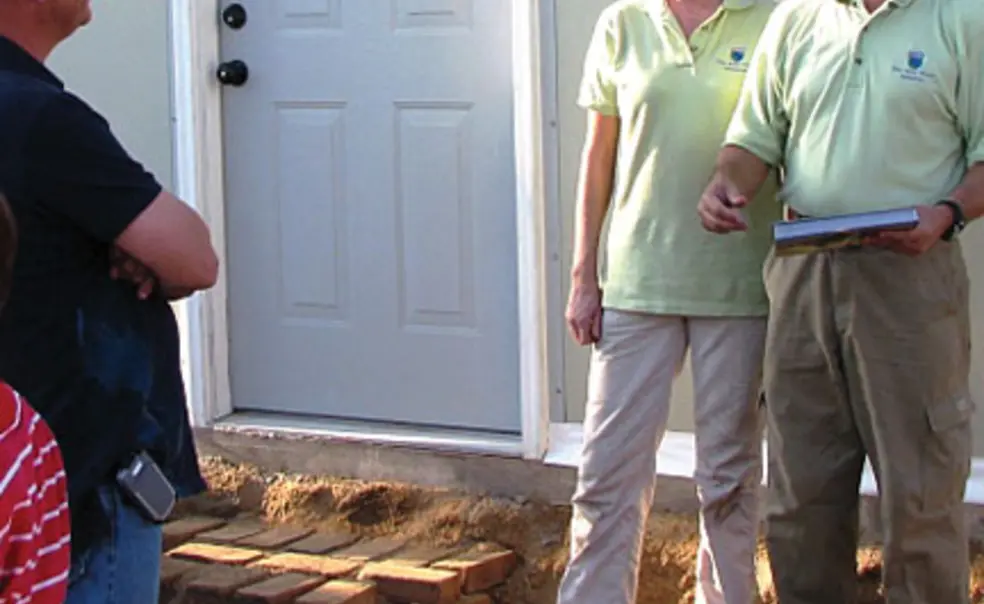Alumni Profile: Tom Pirelli '69, building affordable homes
Two years ago, while working as a volunteer to build a home for a poor family in Ensenada, Mexico, Tom Pirelli ’69 had an epiphany. “I was sitting in the hot Mexican sun, nailing black shingles on a thin, plywood, non-insulated roof, wondering why we were building an oven,” he says. “It offended me that we couldn’t do a higher-quality job and that we weren’t solving the long-term problem.”
Pirelli began to think about building in a new way, taking a cue from automobile manufacturers as a model for mass-producing high-quality products while creating local jobs. The result of his efforts was the Arial Home Initiative, a branch of the nonprofit Arial Foundation, which Pirelli established in 1997 after selling his medical-software company. Pirelli, an engineering major at Princeton, created easy-to-assemble metal wall panels that provide insulation by making use of refrigeration technology. He then designed custom machinery that could produce the panels in assembly-line fashion.
At first Arial volunteers manufactured the parts in Lake Forest, Ill., and shipped them to Ensenada. Before long Pirelli realized that shipping costs were greater than manufacturing costs. To make the houses affordable for low-income people and provide local jobs, he would need to produce the parts on location and hire local workers to assemble them. In June 2007 Arial volunteers built a manufacturing plant in Ensenada, hiring six full-time Mexican employees; to date, Arial volunteers and Mexican workers have built 25 Arial houses with indoor plumbing.
Arial home factories are in the works for Ghana, Ethiopia, and the Philippines. Members of Princeton’s Engineers Without Borders, the Princeton women’s rugby team, and the Class of 1968 built an R&D Arial home on the Princeton campus, on Broadmead Street east of Princeton Stadium, in May.
“It’s a life-changing experience to see the desperate poverty across the border and to know that we can do something about it,” Pirelli says.
Agatha Gilmore ’04 is a writer and editor for business magazines in Chicago.










No responses yet